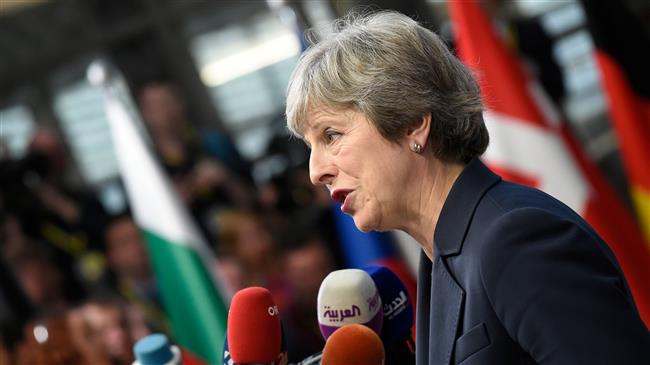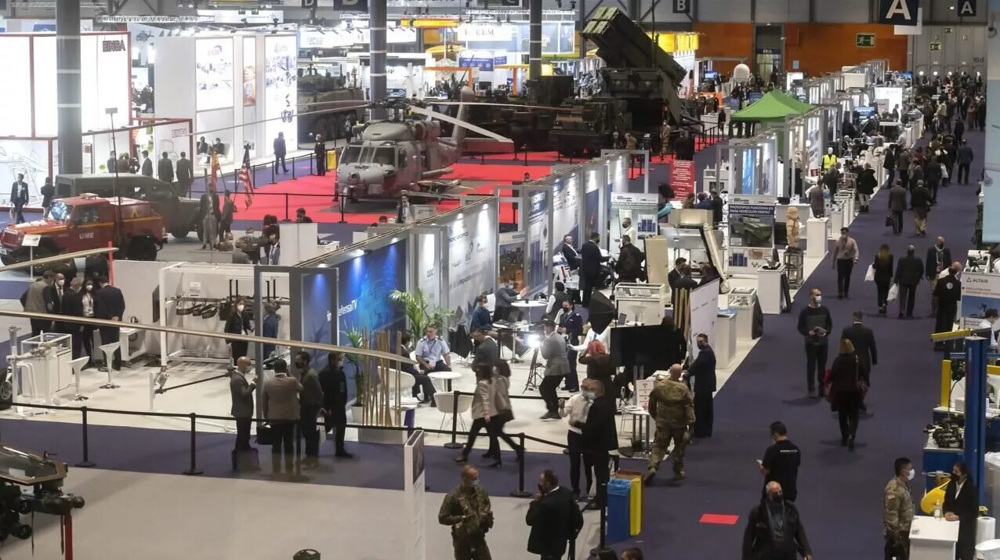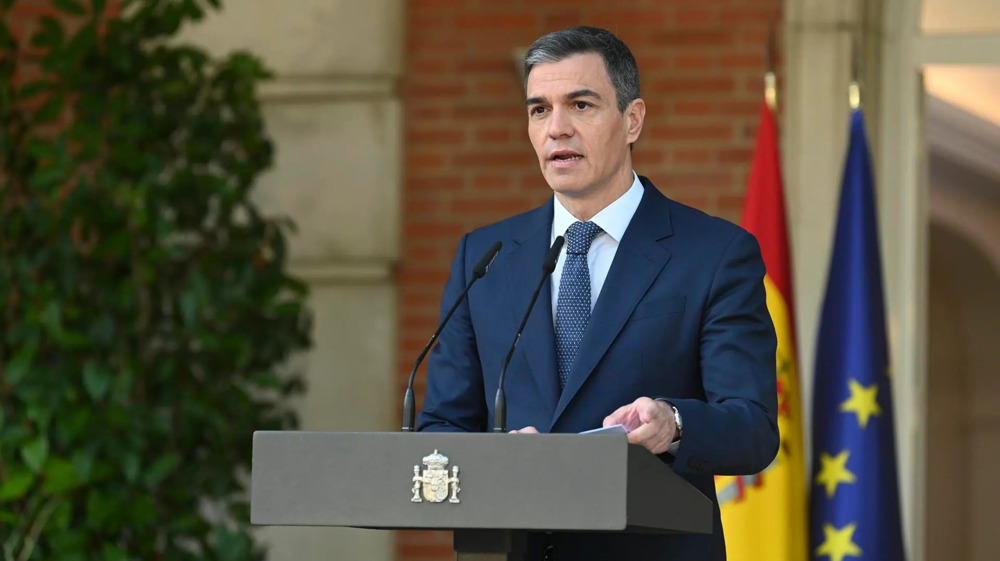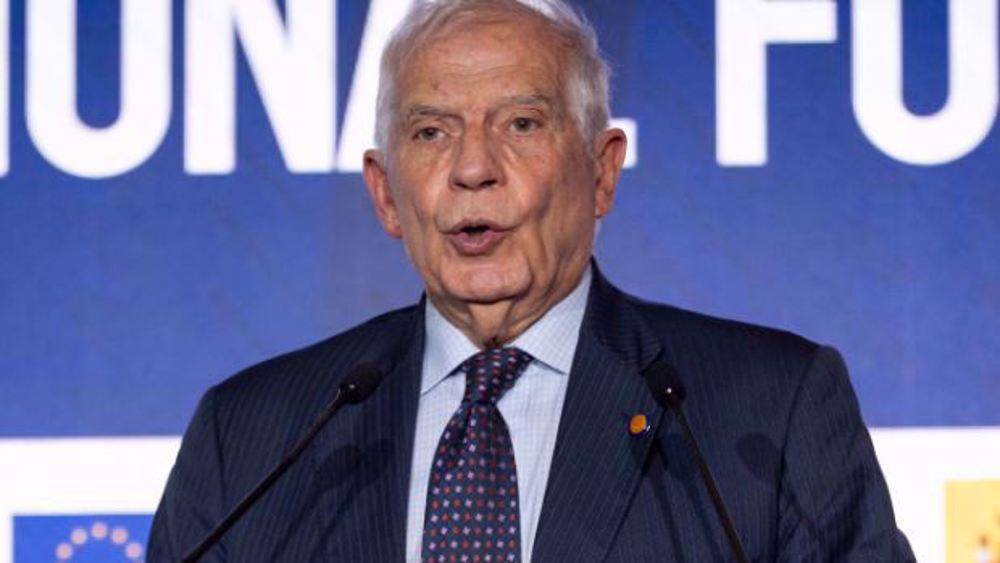UK and EU agree to extend Brexit negotiations
European Union leaders have agreed to extend Brexit negotiations with Britain after an EU summit on a withdrawal deal on Wednesday produced no tangible results.
British Prime Minister Theresa May provided none of the substantial new proposals that EU Council chief Donald Tusk had urged her to bring to the table.
“The last stage will need courage, trust and leadership on both sides,” May told her EU counterparts Wednesday.
Officials said there were hints that Britain might consider extending a post-Brexit transition period beyond the proposed 21 months to make talks on a future trade relationship easier.
The meeting had been painted as a make-or-break moment for a Brexit deal.
Reaching agreement with the bloc is only part of the British leader’s problem.
May will have to get any deal past her Conservative Party – split between “hard” and “soft” Brexit factions – and past her parliamentary allies in Northern Ireland’s Democratic Unionist Party, who insist a solution can’t include customs checks between Northern Ireland and the rest of the UK.
EU Council chief Donald Tusk advised May a day earlier that “creative” thinking from Britain was required to resolve the tricky problem of how to keep the land border between the Republic of Ireland and the UK’s Northern Ireland friction-free once Britain no longer is an EU member.
Both sides agree there must be no hard border, but each has rejected the other side’s solution.
At present the two sides are proposing that Britain remains inside the EU single market and is still bound by its rules from the time it leaves the bloc in March until December 2020, to give time for new trade relations to be set up.
Many suspect that will not be enough time, which has led the EU to demand a “backstop” to ensure there are no customs posts or other controls along the currently invisible border between Northern Ireland and Ireland.
VIDEO | Press TV's news headlines
Iranian satellites launched into space as private sector debuts in space industry
VIDEO | Iran, Azerbaijan conduct joint maritime rescue operations
VIDEO | Yemen’s Red Sea divide: Naval forces block Israeli-linked ships in strategic ‘parting of the water’
VIDEO | Southern Gaza: Israel’s facade for famine and suffering
VIDEO | IOF hampering humanitarian aid
VIDEO | Sharmahd: Justice Done
Iran repeatedly warned Israel not to test its will: FM











 This makes it easy to access the Press TV website
This makes it easy to access the Press TV website